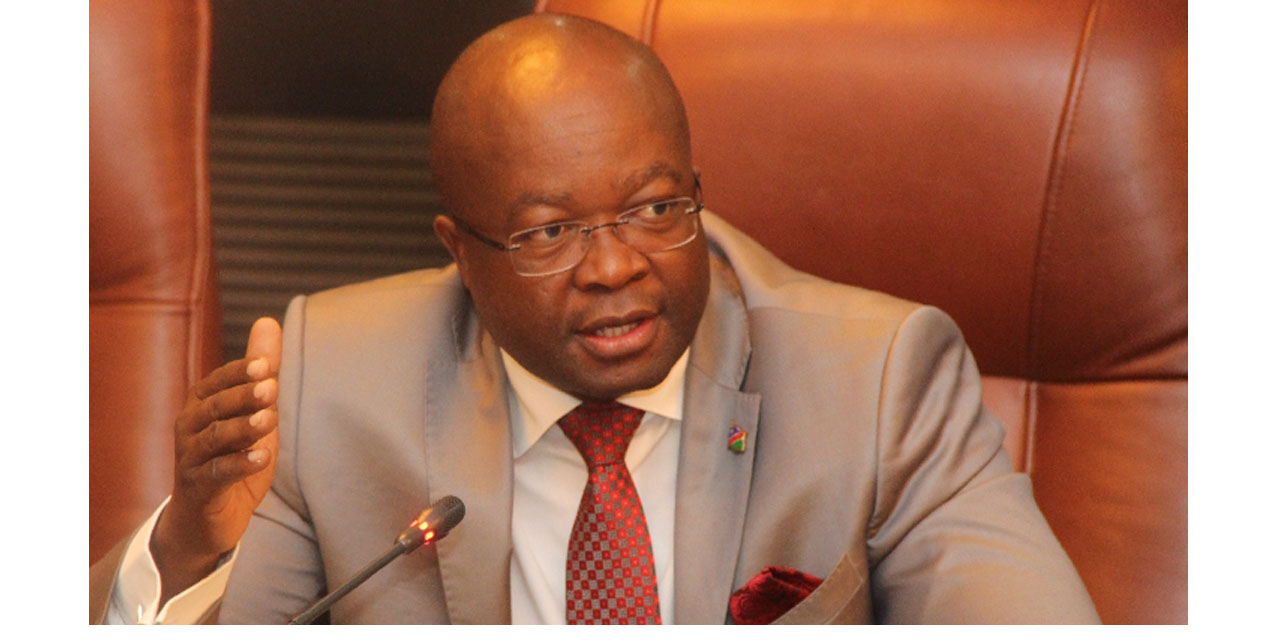Eba Kandovazu
THE Director of National Planning and Commision, Obeth Kandjoze says that importing fuel from Angola would cost the Namibian government more than it currently spends on fuel imports from other sources. This, he says, is because oil from Angola would have to be refined again to be brought to the same standard as the fuel used in Namibia.
The specifications of fuel used in Namibia is stricter in terms of impurities such as sulphur and lead content.
Kandjoze also said that even if fuel refined in Angola is imported into Namibia, the same levies and taxes are loaded on the product imported from other sources, bringing it to around the same pump price.
“We will need to incur an additional cost to bring it to the same standard as ours. First of all, Angola imports refined products just like Namibia. They use their revenues from crude oil exports to subsidize their diesel and petrol at the pump,” Kandjoze explained.
Reacting to the latest oil discovery in Namibia, Kandjoze said that the discovery will tackle unemployment once the discovery is confirmed to be commercially viable. It would also lead to a transformation of the economy by delivering high skilled jobs and other benefits, if focus is placed on local content and supply chain.
“Therefore, the government expects to receive a not so significant revenue from the sales of the crude oil, principally and gas to a lesser extent. The revenue will be derived from five streams namely, royalty at five percent, petroleum tax at 35 percent on profits; license rental fees, additional profit tax and Namcor shares,” Kandjoze went on.
Kandjoze, who stated that the discovery is by far the biggest in Sub-Saharan Africa as its combined recoverable oil size is more than 1.2 billion barrels.
President Hage Geingob has since said that legally the oil does not belong to Namibia. Only 10 percent belong to Namibia.
Kandjoze explained that Geingob was reflecting the legal framework within which Namibia operates its oil and gas industry.
“There is no doubt that the resource was discovered within our border and we have full claim to it, but we have a legal framework that grants certain rights and obligations to oil companies once they have a license,” he stated.
He also says that on average, new deep water oil projects take about six to eight years from discovery to oil production. He also revealed that currently, Namibia has more than 30 local and international exploration companies licensed to explore oil and gas. He added that Namibia has six main exploration basins, namely; the Ovambo/Kavango, Nama, Orange, Walvis, Luderitz and Namibe.




